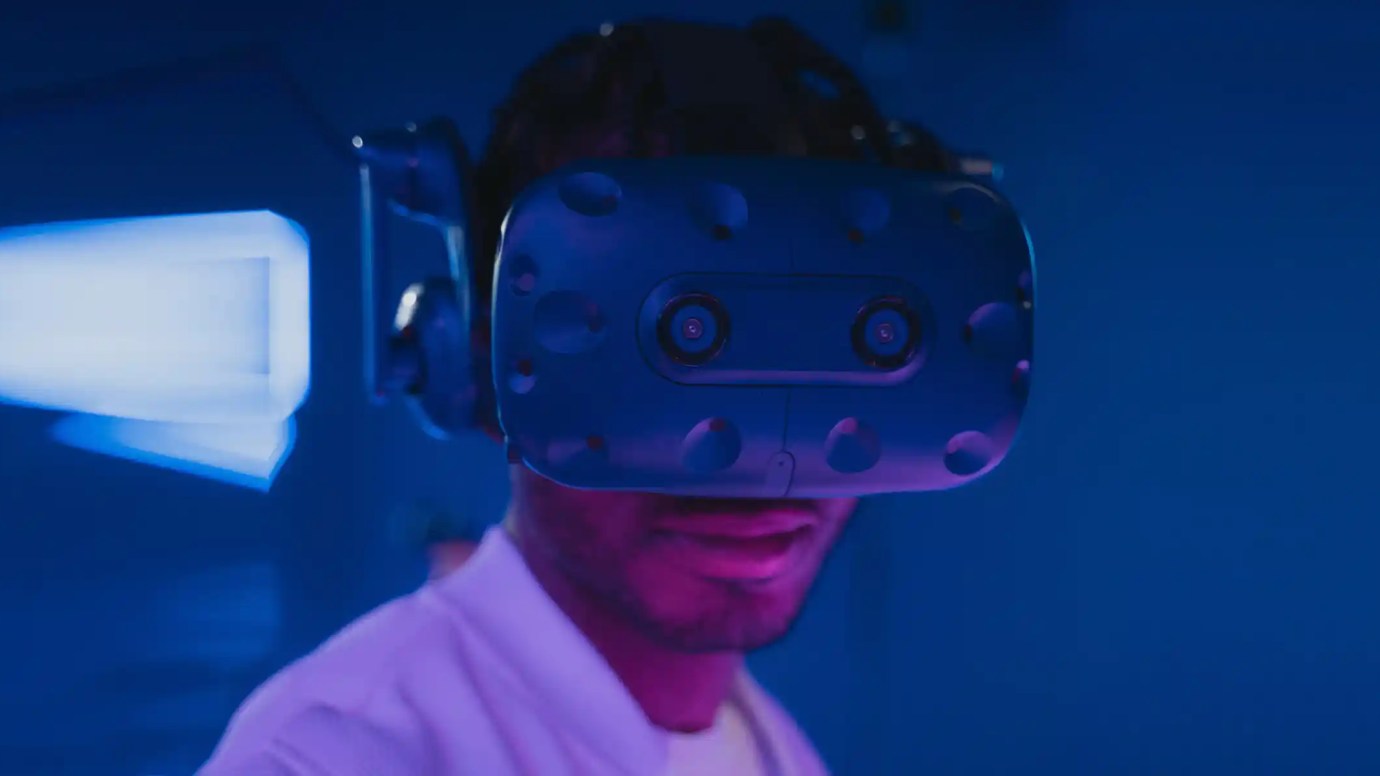
Decades ago, we were all hooked on the idea of console games like Super Mario and The Legend of Zelda. Fast forward to 2019, Pokémon GO diminished the gap between fiction and reality by integrating the game into our surroundings.
While searching for Pokémon in their neighbourhood, little did people realise that augmented reality was soon becoming a part of their life. From trendy filters on Snapchat to Google Street View that gives a life-like representation of a place, augmented reality is everywhere.
This technology has impacted how business functions and changed our everyday reality as well. Though, the true potential of this advanced tech tool has barely been scratched. In 2022, we will witness more marvels of augmented reality that will reshape the business industry. Some of these top augmented reality trends are both interesting and advantageous.
Metaverse
Often referred to as Web 3.0, metaverse is hailed as the next evolution of the internet. We recently witnessed the renaming of social media giant Facebook to Meta, which aligns with the brand’s goal to build a metaverse.
This technology is still in the process of taking shape and is already creating a strong buzz. Interestingly, it was Steve Jobs who had hinted at metaverse when he had talked about a global network of interconnected computers.
Metaverse is a transformative technology that will impact everyone. This is because currently, the internet is a common point for us to access information and services. This AR technology combines augmented, virtual and mixed reality to create an extended reality or XR which diminishes the distinction between being online and offline. A good example of this is the 3D environment created in immersive games.
Augmented reality in smartphones
Smartphones are the most commonly used gadget with an estimated 6.4 billion users, as per Oberlo. We have noticed that each version of smartphone is more advanced than its predecessor. There is a continuous focus on enhanced display, connectivity and better cameras.
Apple is working on faster processing phones that have high-performing machine learning. These technological advancements will be available in the new A16 Bionic chip from Apple, while Google is focusing on strengthening connectivity through the 5G C-Band and WiFi 6E.
This year, we will witness the launch of advanced smartphones that will make AR more accessible to the masses.
AR glasses
Remember those smart glasses worn by Tom Cruise in the Mission Impossible series? Soon, such glasses will be a part of our everyday life all thanks to augmented reality technology.
Xiaomi has already launched an ‘independent smart wearable’ which are just like regular glasses with a MicroLED optical waveguide technology. In simple terms, the glasses will allow you to make calls, take pictures, read messages and even navigate. Similarly, Microsoft’s HoloLens 2, which is not for commercial use, is being used by military and medical professionals for training and surgeries as it gives an immersive experience by stimulating scenarios.
These AR glasses may revolutionise the future of augmented reality in 2022 and open doors for more advancements soon.
Augmented Reality in healthcare
Healthcare has taken on a new face in the wake of the pandemic. While enhanced technologies and digitisation has contributed to development in this field, augmented reality is pushing it much further.
AI-based tools will soon enable hands-free solutions that will forever change healthcare business models. A good example of this is the Microsoft Hololens 2 which allows surgeons to access information while using both their hands.
Furthermore, telemedicine solutions are undergoing rapid development due to AR technology. Along with remote assistance, doctors and patients can use 3D screens for better communication and diagnosis.
Augmented Reality in Education
Another sector that saw significant developments in recent times is the education sector. During the lockdowns, online education became a popular platform, yet there remained a vast scope for innovation.
AR technology is useful in boosting student engagement which is necessary for digital learning. Augmented reality enables a simplified way of putting across information through virtual examples and interactive learning processes. For example, students studying molecular structures can modify them using special cards
The world of augmented reality is vast and exciting. AR has already created ripples in the tech industry and if you want to dive into this interesting sector then check out the BSc Software Engineering programme offered by the University of Europe for Applied Sciences (UE)
This programme focuses on teaching students how to overcome challenges in the field of software design and architecture. Along with preparing you to meet professional goals, UE also gives you a unique platform in the form of UE Job Promise where students are assisted to further their careers.
FAQs
Will I get international exposure while studying BSc Software Engineering with UE?
UE provides an interesting opportunity to study abroad. Students can complete a semester abroad at one of the partner universities. Find more information here.
What will be the language of instruction for the BSc Software Engineering programme?
There are two languages of instruction available to students studying this programme- English at the Berlin Campus and German in Hamburg.